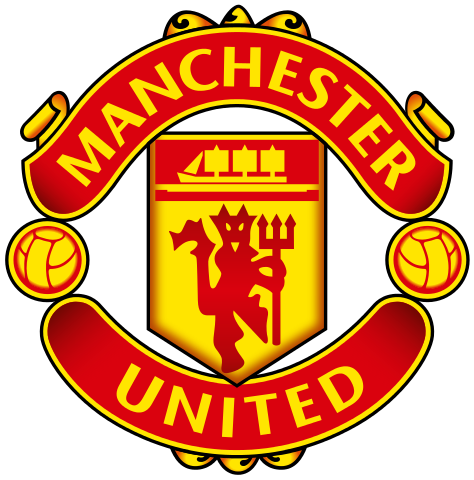Ornstein/Whitwell - Tier 1:
https://theathletic.com/5285674/2024/04/09/manchester-united-john-murtough-leave/
Ducker, Tier 1: Sir Jim Ratcliffe’s Man Utd overhaul accelerates with John Murtough departure | Manchester United’s football director is expected be replaced by Dan Ashworth, provided compensation agreement can be reached with Newcastle


Telegraph Article